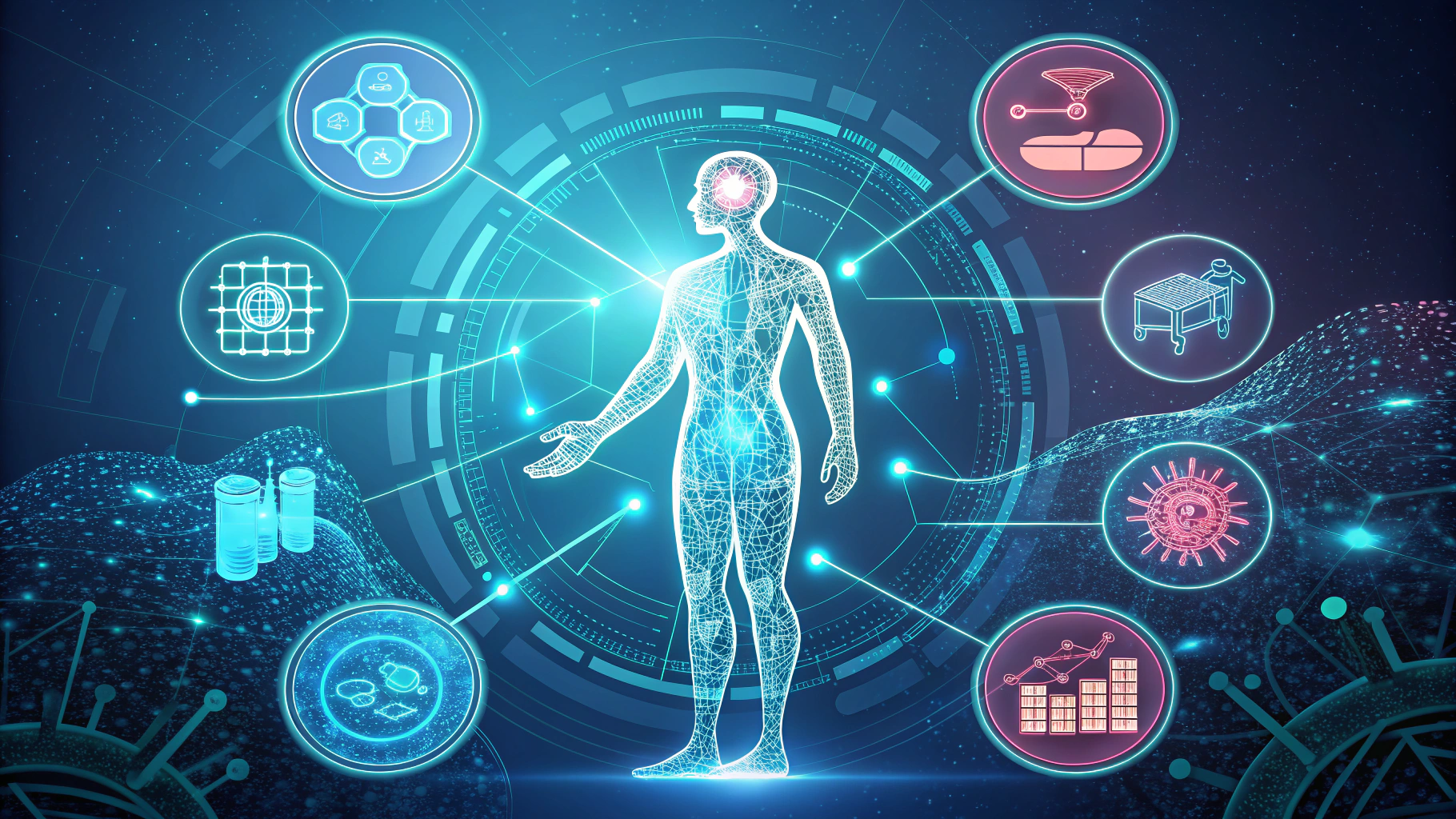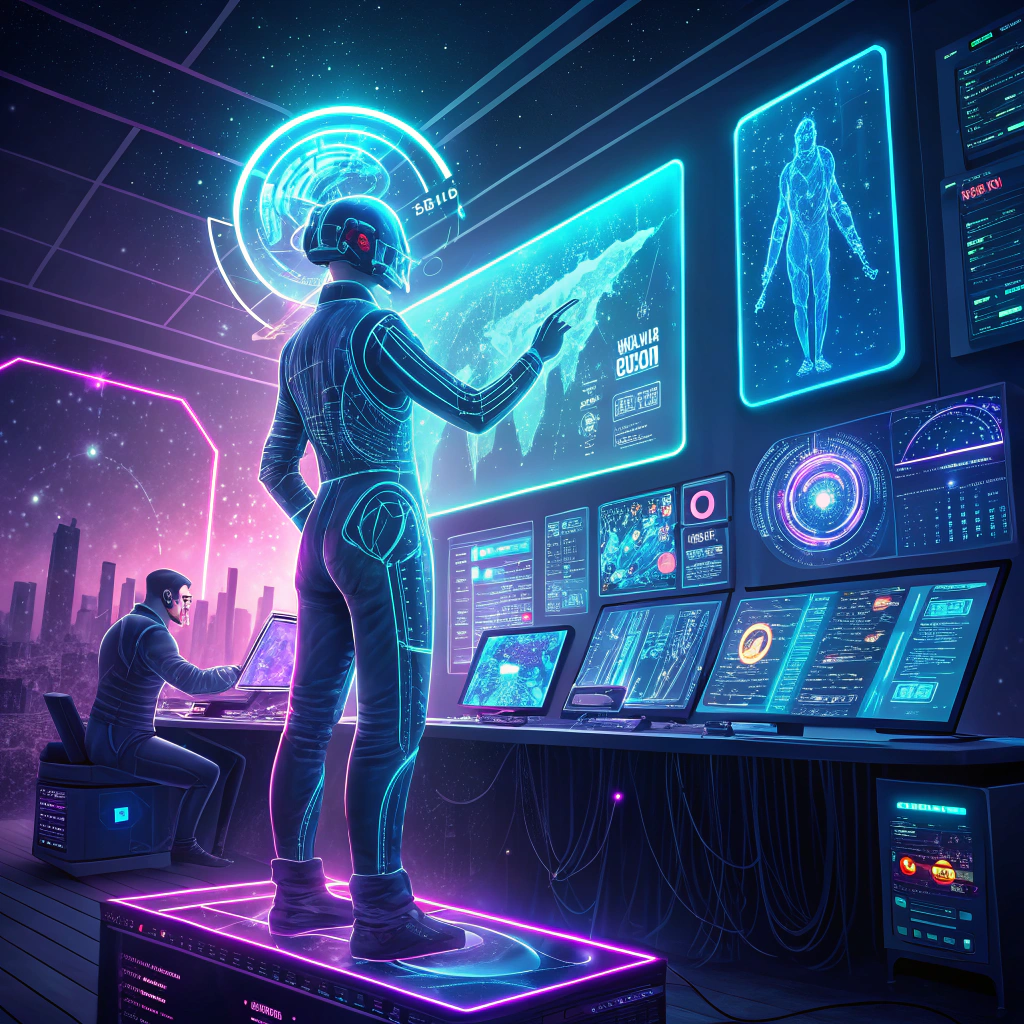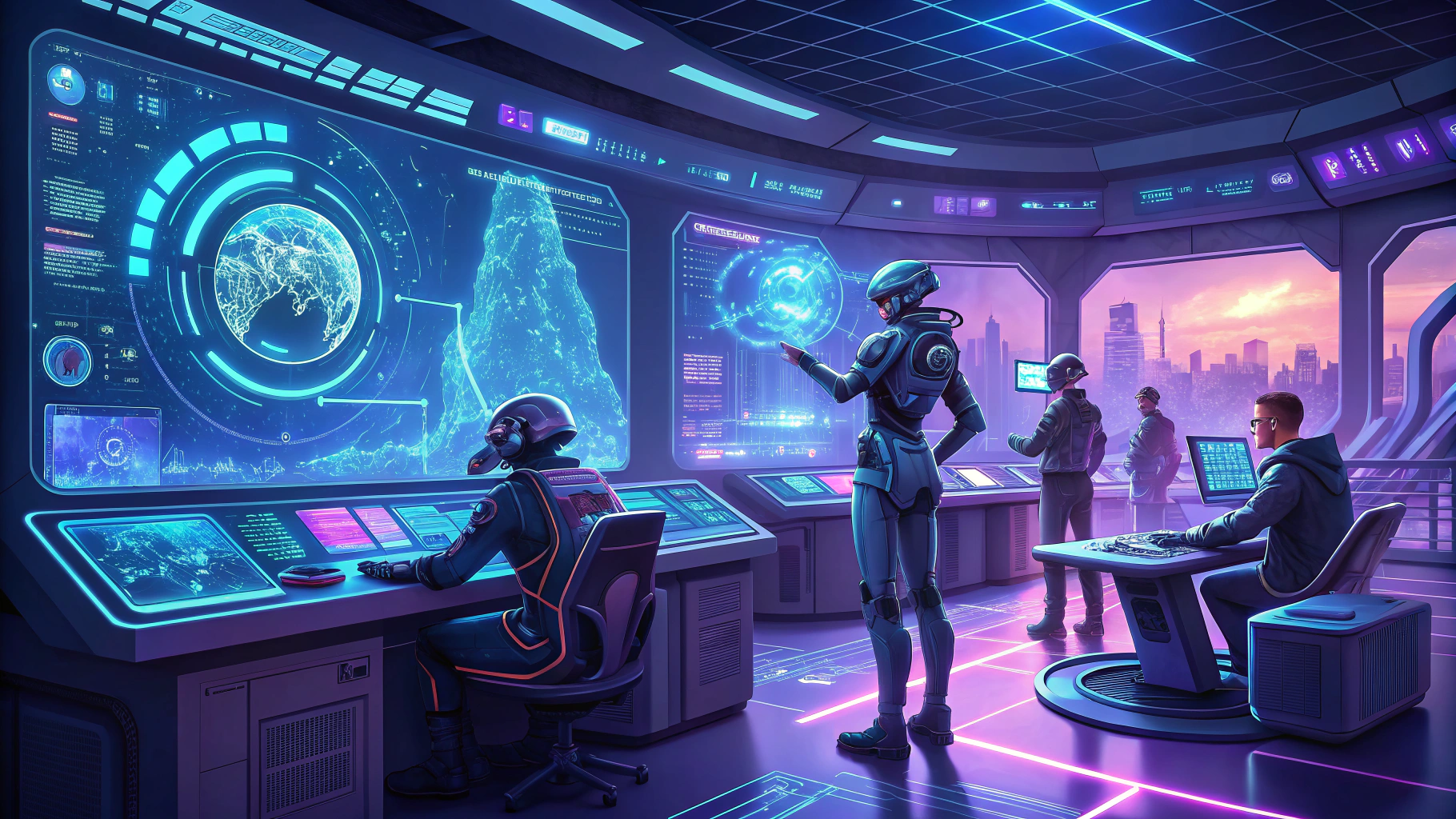AI Agents: Transforming the Future of Automation
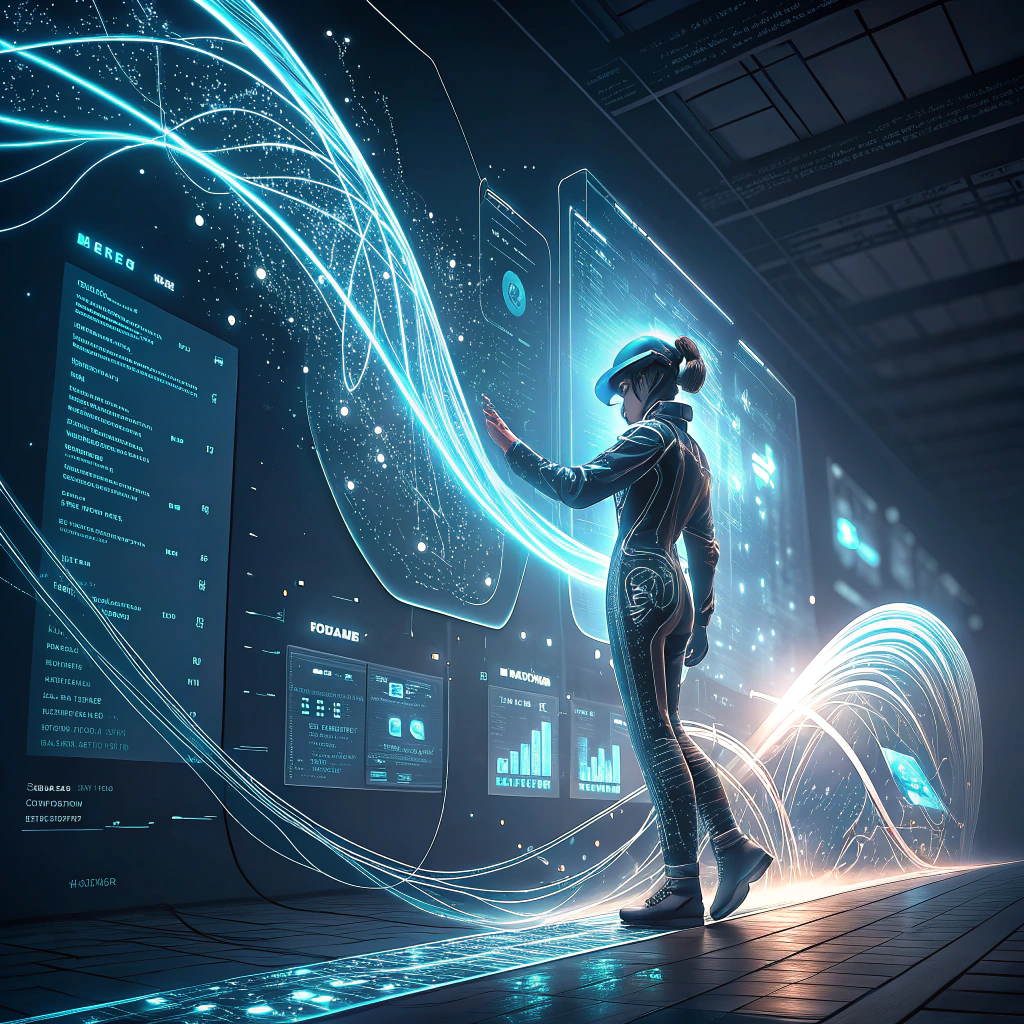
AI Agents: Transforming the Future of Automation
AI agents are reshaping how modern enterprises automate work, elevate decision-making, and accelerate innovation. By leveraging artificial intelligence, machine learning, and natural-language capabilities, these autonomous systems can perceive environments, reason about goals, and act—often without human intervention.
What Is an AI Agent?
An agent is a software entity that senses its environment, processes information, and takes actions to meet defined objectives. Whether a simple reflex script or a sophisticated learning model, each agent operates with a degree of autonomy that ordinary programs lack.
Core Types of Agents
- Simple Reflex Agents – condition-action rules, no memory.
- Model-Based Reflex Agents – maintain internal state for richer context.
- Goal-Based Agents – plan actions to satisfy explicit goals.
- Utility-Based Agents – weigh outcomes via utility functions.
- Learning Agents – improve through experience and feedback.
Real-World Applications

Healthcare
Diagnostic agents analyze medical images, triage symptoms, and suggest personalized treatments—boosting accuracy and cutting time to care.
Customer Service
Chatbot agents offer 24/7 support, resolve repetitive queries, and escalate complex issues to human reps when needed.
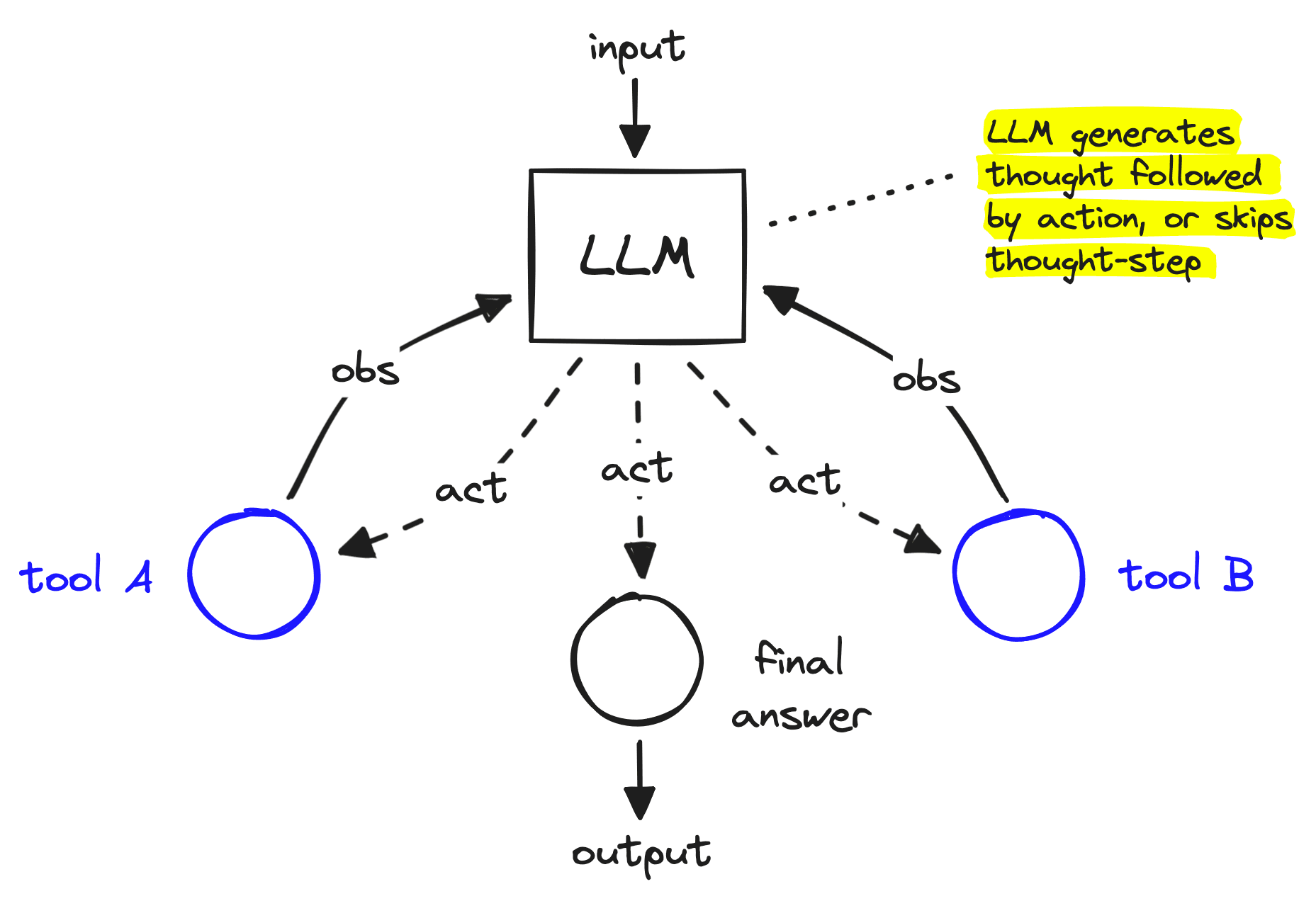
Marketing
Predictive agents segment audiences, optimize ad spend, and generate hyper-personalized content that lifts ROI.
Finance
Risk-scoring agents flag fraud in milliseconds and recommend secure trading actions.

Benefits of Deploying Agents
- Efficiency – Automate repetitive tasks.
- Accuracy – Reduce human error with data-driven decisions.
- Scalability – Handle surging workloads on demand.
- Cost Savings – Lower operational spend while boosting output.
Challenges & Ethics
Developers must address data privacy, bias mitigation, and transparent reporting to maintain trust in autonomous agent decisions.
The Road Ahead
Expect tighter IoT integration, richer multimodal perception, and human-AI collaboration frameworks—propelling agents into every digital workflow.
Conclusion
By embracing the power of AI agents today, organizations position themselves for tomorrow’s hyper-automated, insight-driven economy.
